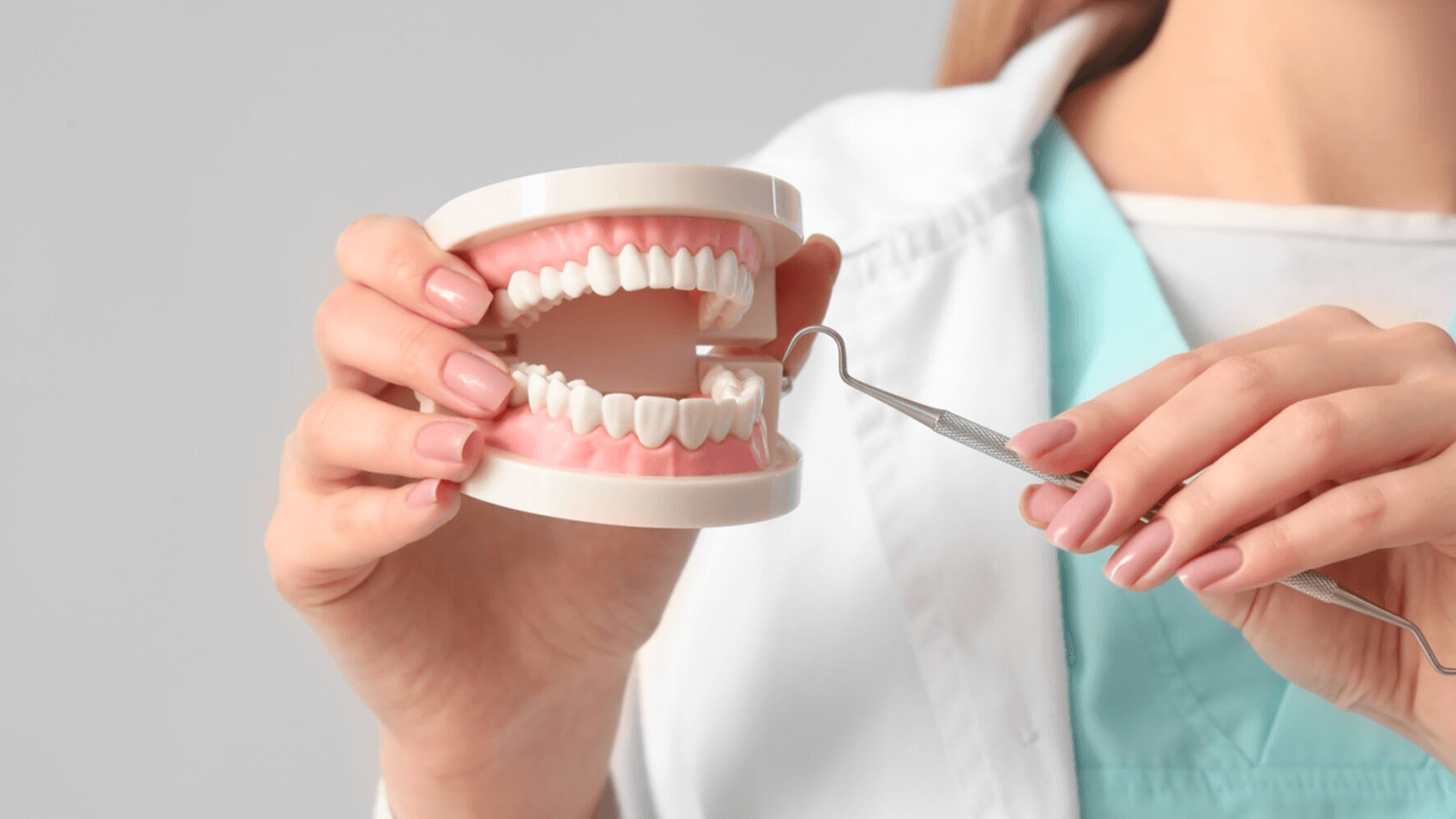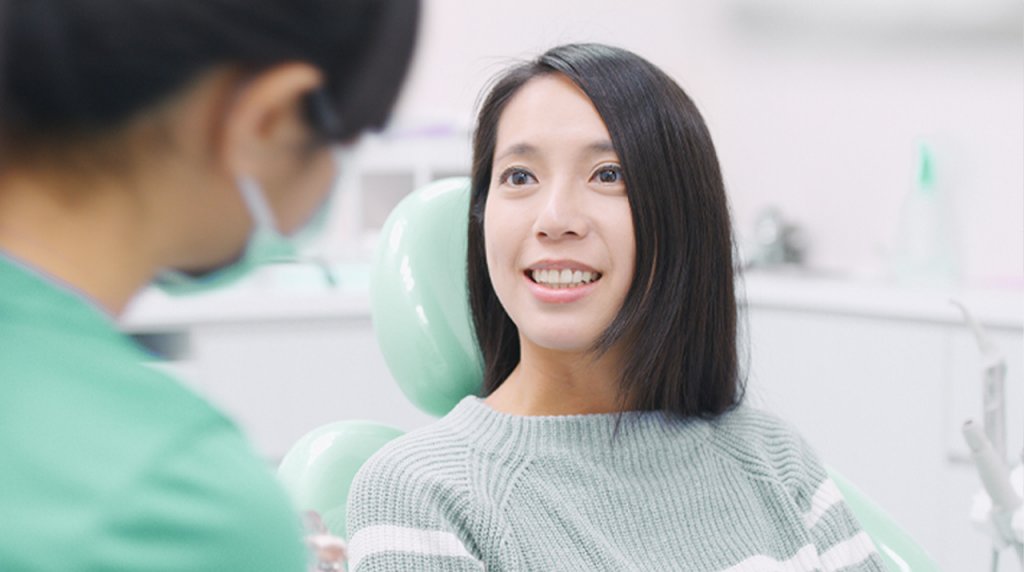Walking into a dental clinic, we expect the gleaming surfaces, the crisp scent of disinfectant, and an air of reassurance. But have we ever stopped to wonder what goes on behind the scenes to maintain that pristine environment? In bustling Kuala Lumpur, where the tropical climate invites not just people but pests, keeping dental clinics safe and hygienic is no small feat.
Imagine a single unnoticed pest scurrying through sterile spaces—it’s not just unsettling, it’s a potential risk to health and reputation. That’s where regular pest control in Kuala Lumpur steps in, acting like an invisible shield, ensuring every corner of the clinic stays as clean as it looks.
Beyond just keeping bugs at bay, it plays a crucial role in safeguarding patient trust and upholding professional standards. So, how does this meticulous process work, and why is it so essential in our vibrant city? Let’s explore.

Importance Of Regular Pest Control In Dental Clinics
Ensuring dental clinics stay safe and hygienic in a bustling city like Kuala Lumpur requires routine pest control. This proactive approach protects patients, staff, and the clinic’s reputation.
Risks Posed By Pests In Healthcare Environments
Pests, such as rodents, cockroaches, and ants, pose serious threats in dental clinics. These pests can carry pathogens like Salmonella and E. coli, which increase the risk of cross-contamination. Rodents can damage electrical wires, potentially disrupting essential medical equipment. In Kuala Lumpur’s warm climate, infestations can escalate rapidly without proper pest management.
The Impact Of Pests On Hygiene Standards
Pest infestations directly compromise hygiene in healthcare settings. For example, cockroach droppings in sterilization areas can contaminate tools and equipment, leading to potential infections. Patients are less likely to trust clinics where pests are evident, tarnishing the clinic’s professional image. Routine pest control ensures compliance with health regulations and maintains patient trust.
Common Pest Problems In Kuala Lumpur Dental Clinics
Dental clinics in Kuala Lumpur often encounter pest issues due to the city’s warm, humid climate and dense urban environment. These pests not only compromise hygiene but also pose risks to patient safety and clinic operations.
Types Of Pests To Watch For
Several pests can infest dental clinics, threatening cleanliness and safety. Cockroaches and flies are common and can contaminate surfaces and equipment. Rodents, such as rats, are another significant concern as they spread diseases, damage wiring, and contaminate storage areas. Mosquitoes are also problematic in areas with stagnant water, potentially exposing patients and staff to diseases like dengue.
Why Kuala Lumpur’s Climate Attracts Pests
Kuala Lumpur’s tropical climate, characterized by constant warmth and high humidity, creates the ideal breeding ground for pests. Frequent rainfall fosters standing water, attracting mosquitoes, while warm temperatures support rapid pest reproduction. Also, urban density and waste accumulation provide ample food and shelter for pests, intensifying their presence in clinics and surrounding areas.
Benefits Of Regular Pest Control For Dental Clinics
Routine pest control keeps dental clinics in Kuala Lumpur clean, hygienic, and operable. By addressing pest-related risks, clinics safeguard patient trust, equipment integrity, and compliance with stringent health standards.
Maintaining A Safe And Sanitary Environment
Pest infestations threaten hygiene by introducing bacteria and disease. Cockroaches, rodents, and insects carry pathogens that compromise the health and safety of patients and staff. Regular pest control eliminates these risks. Through scheduled inspections and eco-friendly treatments, we ensure a clean, sterile environment while reducing exposure to harmful chemicals. This creates a safe space for dental care services.
Protecting Equipment And Supplies
Pests can damage costly dental equipment, furniture, and supplies. For example, rodents chew through electrical wiring and packaging, causing operational disruptions. Termites and ants destroy wooden fixtures, while cockroaches contaminate sterilized tools. Regular pest control minimizes these risks by proactively managing pests, avoiding repairs and replacements that interrupt patient care.
Ensuring Compliance With Health Regulations
Health authorities demand high sanitation standards in dental clinics. Pest infestations lead to violations, penalties, or even closures, affecting reputation and patient safety. Pest control programs help clinics adhere to these regulations by maintaining cleanliness and eliminating pest threats. Compliance ensures regulatory approval and fosters patient confidence in professional services.
Choosing The Right Pest Control Service In Kuala Lumpur
Selecting the right pest control service ensures dental clinics remain safe, hygienic, and compliant with health standards. In a city like Kuala Lumpur, it’s vital that clinics partner with professionals who understand the local pest challenges.
Key Features To Look For In A Provider
Effective selection of a pest control provider focuses on specific features. Providers should hold certifications such as ISO or HACCP, proving compliance with industry standards. Experience in handling healthcare facilities ensures familiarity with strict hygiene requirements. Comprehensive solutions, including inspections, pest removal, and preventive measures, are essential. Look for services offering detailed reports to ensure transparency. Reliable providers also use modern tools and techniques, enabling efficient pest management.
Importance Of Eco-Friendly Pest Control Methods
Eco-friendly methods protect clinic environments without exposing patients and staff to harmful chemicals. These methods include non-toxic treatments like heat or biological control, reducing risks of contamination. Many providers now use integrated pest management (IPM), combining prevention, monitoring, and environmentally safe techniques. For clinics prioritizing sustainability, these methods also align with green practices, safeguarding both public health and the environment.
Steps To Implementing A Pest Control Strategy
An effective pest control strategy ensures dental clinics in Kuala Lumpur remain safe and hygienic. Implementing this strategy involves proactive measures to prevent infestations and maintain high sanitation standards.
Scheduling Regular Inspections
Planning pest inspections at consistent intervals helps identify early signs of infestations. We recommend scheduling monthly or quarterly assessments, depending on the clinic’s size and location. Professionals should check critical areas like storage rooms, drains, and ventilation systems. Through these inspections, pest control teams can detect entry points or potential risks before pests disrupt operations or hygiene.
Preventive Measures To Minimize Infestations
Preventive actions reduce the likelihood of pests entering the clinic. Sealing gaps in walls, doors, and windows eliminates access points. Proper waste disposal ensures no food is left to attract pests. Regular cleaning of dental tools, storage areas, and break rooms removes crumbs and spills. Keeping drains free from clogs also prevents insects like cockroaches from settling in damp areas. These measures, alongside routine inspections, protect the clinic’s environment.
Conclusion
Keeping dental clinics in Kuala Lumpur safe and hygienic requires a proactive approach to pest control. By staying ahead of potential infestations and working with reliable pest control providers, we can ensure a clean, professional environment that prioritizes patient safety and trust.
Regular pest management not only protects against health risks but also safeguards valuable equipment and upholds compliance with health standards. With the right strategies and eco-friendly solutions, we can maintain a high standard of care while supporting a pest-free, welcoming space for everyone.
Frequently Asked Questions
Why is pest control important for dental clinics in Kuala Lumpur?
Pest control is critical for dental clinics in Kuala Lumpur because the tropical climate fosters pest infestations. Without regular pest management, pests like rodents, cockroaches, and mosquitoes can carry harmful pathogens, damage medical equipment, and compromise patient trust. Routine pest control ensures compliance with health regulations, maintains hygiene standards, and protects the clinic’s professional image.
What pests commonly affect dental clinics in Kuala Lumpur?
Common pests in Kuala Lumpur dental clinics include cockroaches, rodents, flies, and mosquitoes. The city’s humid climate and urban density provide ideal conditions for pests, increasing the risk of infestations that threaten cleanliness, equipment integrity, and patient safety.
How can pest infestations affect dental equipment?
Pests can damage dental equipment by chewing wires, contaminating surfaces, or nesting in storage areas. Such damage may disrupt operations, require costly repairs, and compromise compliance with hygiene standards, affecting both patient care and clinic reputation.
What steps can dental clinics take to prevent pests?
Prevent pests by sealing gaps in walls, windows, and doors, disposing of waste properly, and regularly cleaning clinic areas and tools. Scheduling routine inspections and implementing preventive measures help detect and eliminate pest threats early.
How often should dental clinics schedule pest control services?
Dental clinics should schedule pest control services monthly or quarterly, depending on their size, location, and risk factors. Regular inspections help identify potential issues early and prevent infestations, ensuring a hygienic and safe environment.
What are the benefits of eco-friendly pest control methods?
Eco-friendly pest control methods protect clinic environments without exposing patients and staff to harmful chemicals. They use sustainable techniques like integrated pest management (IPM), prioritizing prevention and environmental safety, while effectively managing pests.
What is Integrated Pest Management (IPM), and why is it recommended?
Integrated Pest Management (IPM) is a comprehensive approach that combines prevention, monitoring, and environmentally safe methods to control pests. It’s recommended because it aligns with health and sustainability goals while minimizing chemical exposure in healthcare settings.
How does regular pest control help clinics maintain compliance?
Routine pest control ensures clinics meet health and safety regulations by preventing hygiene risks, minimizing pest-related damages, and maintaining a professional standard of cleanliness. This protects both patient trust and the clinic’s reputation.
What qualities should dental clinics look for in a pest control provider?
Dental clinics should seek pest control providers with certifications like ISO or HACCP, experience in healthcare facilities, and proven expertise in managing clinic environments. Providers offering eco-friendly and tailored pest management solutions are ideal.
How does Kuala Lumpur’s climate influence pest problems in dental clinics?
Kuala Lumpur’s warm, humid climate and frequent rainfall create ideal conditions for pests to thrive. Stagnant water and dense urban areas provide breeding grounds, increasing the risk of pest infestations in dental clinics.
Name: Eco Pest Control Kuala Lumpur Branch
Address: 14-1, Jalan 6/62a, Bandar Sri Menjalara, 52200 Kuala Lumpur, Wilayah Persekutuan Kuala Lumpur
Phone: 03-78900850









